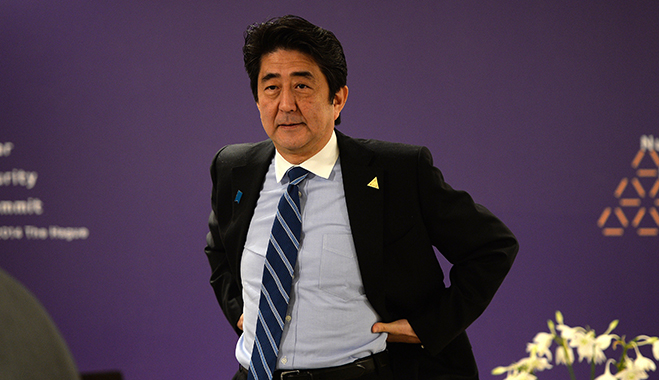
In the first such increase for 17 years, Japanese Prime Minister Shinzo Abe has once again underlined his dedication to reviving the world’s third largest economy. The move, first announced in October last year, is believed to be an attempt at reducing Japan’s public debt problem which, at 240 percent of GDP, is the largest of any developed economy.
The tax increase has proven controversial, with many claiming that reduced domestic demand will harm the economy more than the increased levy will help it. There are fears that the increase could reduce consumer spending and set the economic recovery off course. The New York Times reports that yesterday saw a last-minute rush to buy essentials such as toilet roll and instant rice in anticipation of the rise.
Previous increases of consumption tax have been the death knell for former Japanese leaders
The benefits of the tax increase are much needed, however; Business Week reports that the tax increase will represent an extra 4.5trn yen ($43.6bn) in Japan’s pockets, or one percent of GDP.
Previous increases of consumption tax have been the death knell for former Japanese leaders. The man who presided over the last increase in 1997, Ryutaro Hashimoto, quickly lost favour and was no longer in office the following year.
Analysts say that Abe may yet survive the increase, but that he must decide by the end of the year whether to increase the tax yet again, to 10 percent from October 2015, as outlined by his predecessor Yoshihiko Noda. Noda’s Democratic Party laid the groundwork for the increase in 2012, shortly before the party fell from power.
Japanese banks have backed the increase. Speaking to Bloomberg, Nobuyuki Hirano, chairman of the Japanese Bankers Association said that there was a “good chance” that the Japanese economy would survive the increase and that any negative effects would be temporary.
Meanwhile, disappointing industrial output figures in February have underlined the fragility of Japan’s recovery. Industrial output fell by 2.3 percent, surprising economists who had predicted a 0.3 percent increase. Speaking to the Wall Street Journal, economist Takeshi Minami blamed heavy snowfall and bad weather, saying that the country “had quite strong figures in January, but unusually heavy snow also disrupted supply of parts”.


